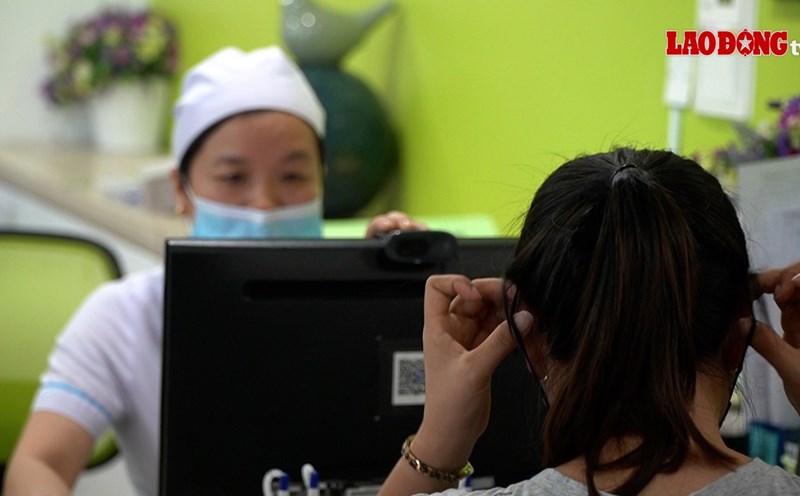Recently, in Chhindkalo village, Ambikapur district, Chhattisgarh, India recorded a death due to infertility treatment.
A man named Anand Yadav, 35 years old, was found collapsed at his home and died after being taken to the hospital for emergency care. During the autopsy, doctors discovered a 20cm long chick stuck in the victim's throat.
Santu Bag, the doctor who directly conducted the autopsy, speculated that the chick obstructed both Yadav's airway and esophagus, leading to suffocation. Notably, the victim initially swallowed the chick while it was still alive.
After the incident, local people speculated that the reason Yadav swallowed the live chick was to treat infertility. He and his wife have been married for many years but have no children, so they need to seek help from a monk (tantrik).
Under the guidance of this person, Yadav swallowed the chick as part of the fertility praying ceremony. This led to his tragic death. The case is currently being investigated by the police, while his family decided to keep quiet.
This is not the first time India has recorded a death due to infertility treatment. In 2013, female patient J Harinaatchi, 23, went to Parvatham Narayanaswamy private hospital in Kodambakkam, Tamil Nadu state, India for treatment.
Harinaatchi and her husband have been married for a year and a half but have no children. Both were introduced to the assisted reproductive center at Parvatham Narayanaswamy Hospital in Kodambakkam and have been treated for 3 months now.
Not long after, Harinaatchi and her mother went to the hospital for in vitro fertilization. During the anesthesia, the doctors kept her mother for several hours and asked her to buy some medicine as Harinaatchi's condition turned critical.
By 7pm the same day, the hospital informed Harinaatchi that he had complications and did not have the advanced equipment needed for treatment. She was then transferred to a private hospital in Vadapalani. Here, the family was informed that she had died 3 hours ago.
The family said that she had no history of taking any drugs. The incident prompted the police to investigate.
Improper infertility treatment or at private facilities, not reputable enough and modern technology poses many potential dangers. Experts advise infertile families to carefully research treatment methods and put their trust in the right place.
According to the Indian Association for assisted reproduction, there were about 27.5 million couples in India who were infertile in 2018. Of which, the rate of infertility caused by men accounts for 40-50%.
According to a report by The New Indian Express, factors such as stress, unhealthy lifestyle and environmental influences are the main causes of this condition. Popular infertility treatments include medication, surgery, and in vitro fertilization (IVF).











